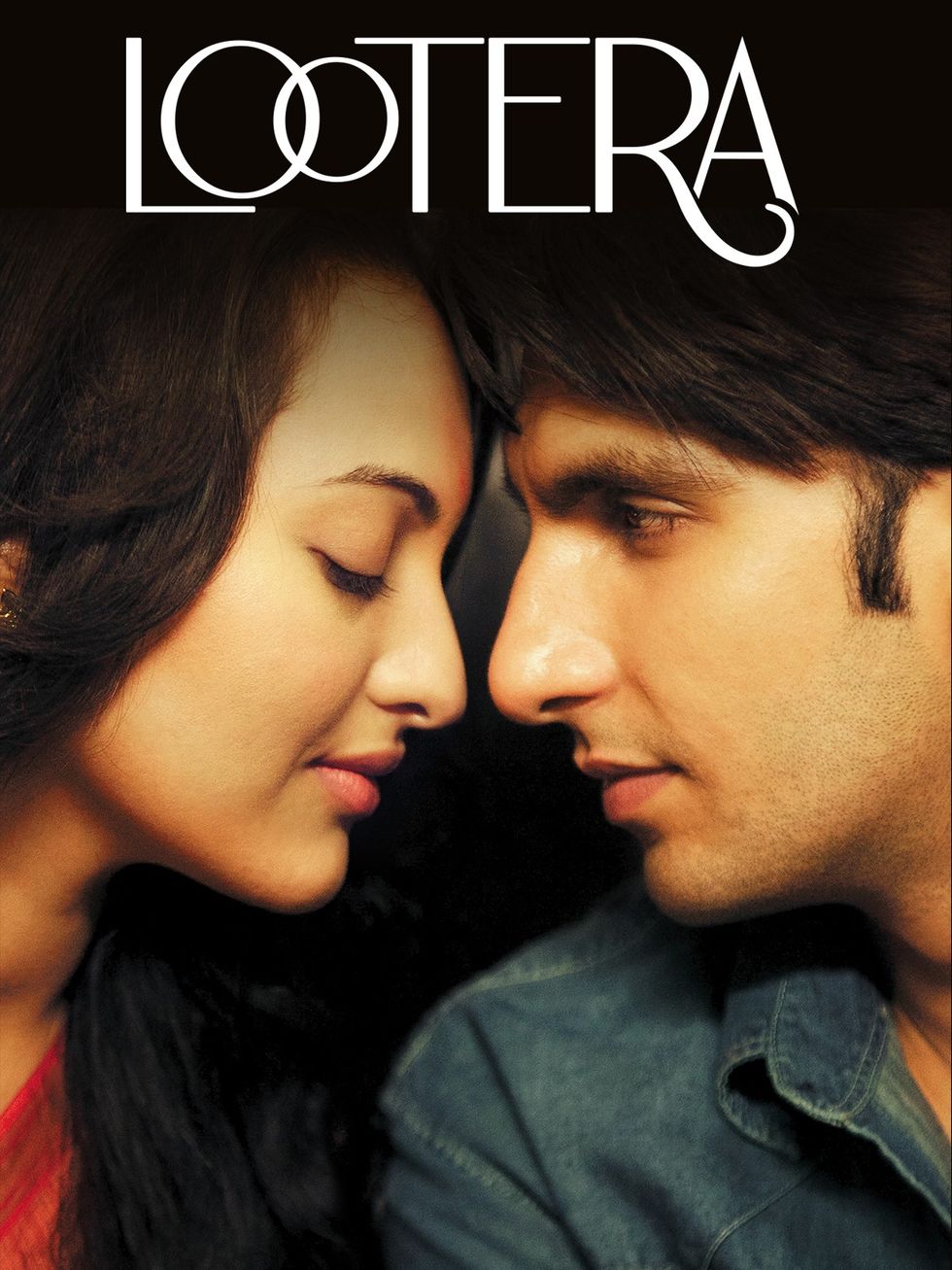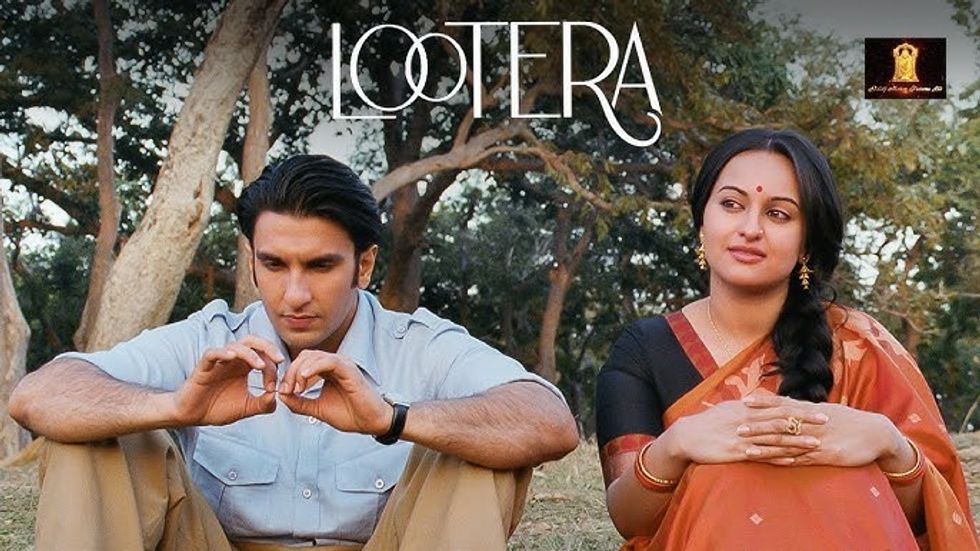Inside a small Lahore courtroom, the packed crowd attending the hearing of a blasphemy case against a Christian pastor is most notable for the absence of hardline clerics shouting insults and demanding the death penalty.
For years, they would attend such hearings in force, seeking to pressure magistrates to convict and impose the severest sentences on anyone facing what is an incendiary charge in Pakistan.
But one year after the conclusion of the country’s most high-profile blasphemy case and a government crackdown against extremists who exploited it for political ends, the clerics are largely gone.
"Before Asia Bibi, dozens of maulanas (religious scholars) were coming to my hearings," said the pastor Adnan Prince, who stands accused of desecrating the Koran.
"After that, they didn't come anymore," Prince said.
The case of Asia Bibi, a Christian woman sentenced to death for blasphemy in 2010 and acquitted by the Supreme Court in 2018, shone a global spotlight on the use –- and abuse -– of blasphemy laws in Pakistan.
Her release was pounced on by the hardline Islamist Tehreek-e-Labaik Pakistan party (TLP, or Movement at the Service of the Prophet), which was formed five years ago and gained influence by weaponising the blasphemy issue.
The party spearheaded violent street protests against Bibi's acquittal and called for the Supreme Court justices to be killed, but crossed the reddest of red lines by urging the overthrow of the country's powerful army chief.
A government crackdown ensued that netted thousands of TLP loyalists -– a move that Prince's lawyer, Asad Jamal, credits for the absence of the maulanas.
"The voice of the (religious) far right has been muffled," Jamal said, adding that the crackdown had sent a clear signal to the extremists who abandoned their courtroom lobbying.
But if that lowered the intimidating decibel levels in court, "the feeling of fear is still there" among the magistrates, Jamal stressed.
- 'Always convict' -
According to one former judge, magistrates in Pakistan's lower courts remain very vulnerable to intimidation in blasphemy cases, given that they often live among the communities they serve.
Due to the risk of being labelled blasphemers themselves if they acquit, they tend to "always convict," said the former judge who spoke on condition of anonymity.
A recent example saw a university professor, Junaid Hafeez, sentenced to death in December for insulting the Prophet Mohammed.
Given that the first lawyer who agreed to represent Hafeez was murdered, his family argued there was never any prospect of receiving a fair hearing.
"Could any judge in such circumstances take the risk of doing justice?" they said in a statement.
Condemning the sentence, the Human Rights Commission of Pakistan said blasphemy laws continued to be "heavily misused" and the judicial process was "ridden by delays and pressures at the level of the lower judiciary."
The contention that many guilty rulings by magistrates in blasphemy cases are flawed has been borne out by the significant number that are overturned on appeal by higher courts.
But Pakistan's clogged justice system means the appeal process can take years.
Last September, the Supreme Court acquitted Wajih-ul-Hassan after he had spent 18 years on death row for allegedly insulting the Prophet.
And even after release from prison, freedom is a relative term when it comes to allegations of blasphemy and the vigilante violence that often surrounds them.
"In many people's minds, even though he's been acquitted, he's still guilty," said his lawyer, Nadeem Anthony. "So he has to live in hiding."
- Prime minister's support -
The communities most at threat from abuses of the blasphemy law are religious minorities, including the Ahmadi sect whose belief in a prophet after Mohammed is viewed as heresy by most mainstream Muslims.
"The vulnerability is still there and it is going to remain as long as the law is there and people accept its legitimacy," said a spokesman for the sect, Usman Ahmad.
Blasphemy is a hugely inflammatory charge in Pakistan. Merely suggesting reform of the law can trigger violence, most notably in the case of Salmaan Taseer, the governor of Pakistan's most populous province, who was shot dead by his own bodyguard in 2011.
Hanged four years ago, the bodyguard was hailed as a martyr by his supporters who built a popular shrine in his memory on the outskirts of Islamabad.
No wonder then that politicians are mostly extremely reluctant to speak out against any aspect of the blasphemy law, and prime minister Imran Khan notably voiced his full support for the legislation during his successful 2018 election campaign.
Defending itself against accusations of pandering to extremists, the government points to the support it gave Asia Bibi after her acquittal, despite the intense pressure brought by groups like the TLP.
Bibi left Pakistan for a new life in Canada in May last year.
Extremists represent just "one percent" of the Pakistani population, insisted government spokeswoman Firdous Ashiq Awan.
"A minority of people can't reflect the mindset of a society," she said.
Nevertheless, the TLP secured more than 2.2 million votes in the 2018 general elections and is hopeful of winning seats in local polls later this year.
The party demonstrated its influence last month by successfully blocking the release of a new film by prominent director Sarmad Khosat on the grounds that it contained blasphemous content.
"Blasphemy is a point through which we attract people," Rehman Ali Tarar, a prospective TLP candidate, said at a recent rally with thousands of party supporters in Lahore.















 Lootera released in 2013 and marked a stylistic shift for Ranveer Singh Prime Video
Lootera released in 2013 and marked a stylistic shift for Ranveer Singh Prime Video  Ranveer Singh’s role as Varun showed he could command the screen without saying much
Ranveer Singh’s role as Varun showed he could command the screen without saying much The period romance Lootera became a turning point in Ranveer Singh’s career
The period romance Lootera became a turning point in Ranveer Singh’s career Ranveer Singh’s performance in Lootera was praised for its emotional restraint
Ranveer Singh’s performance in Lootera was praised for its emotional restraint Ranveer Singh and Sonakshi Sinha starred in the romantic drama set in 1950s BengalYoutube/Altt Balaji Motion Pictures
Ranveer Singh and Sonakshi Sinha starred in the romantic drama set in 1950s BengalYoutube/Altt Balaji Motion Pictures  Lootera’s legacy has grown over the years despite its modest box office runYoutube/Altt Balaji Motion Pictures
Lootera’s legacy has grown over the years despite its modest box office runYoutube/Altt Balaji Motion Pictures

